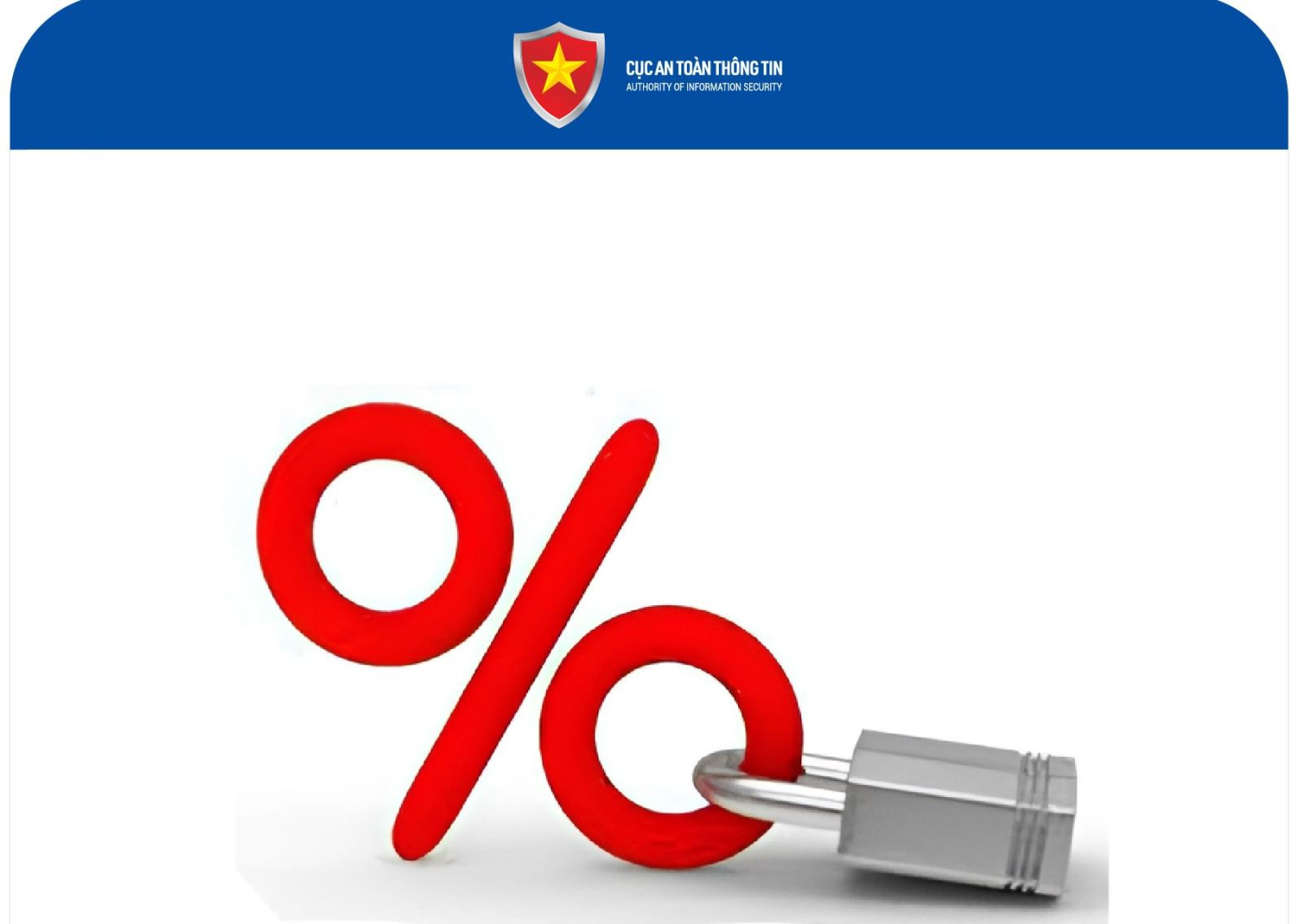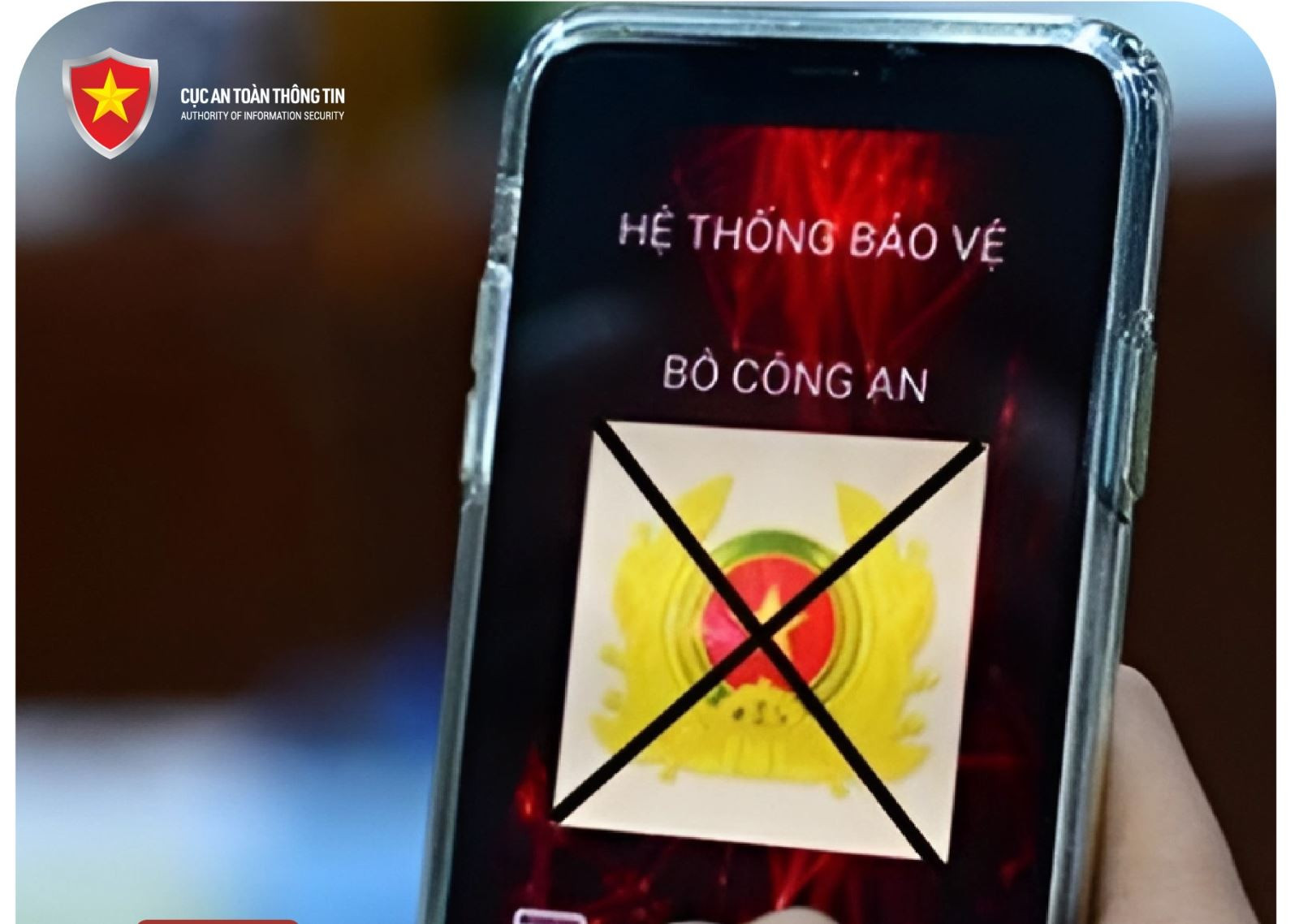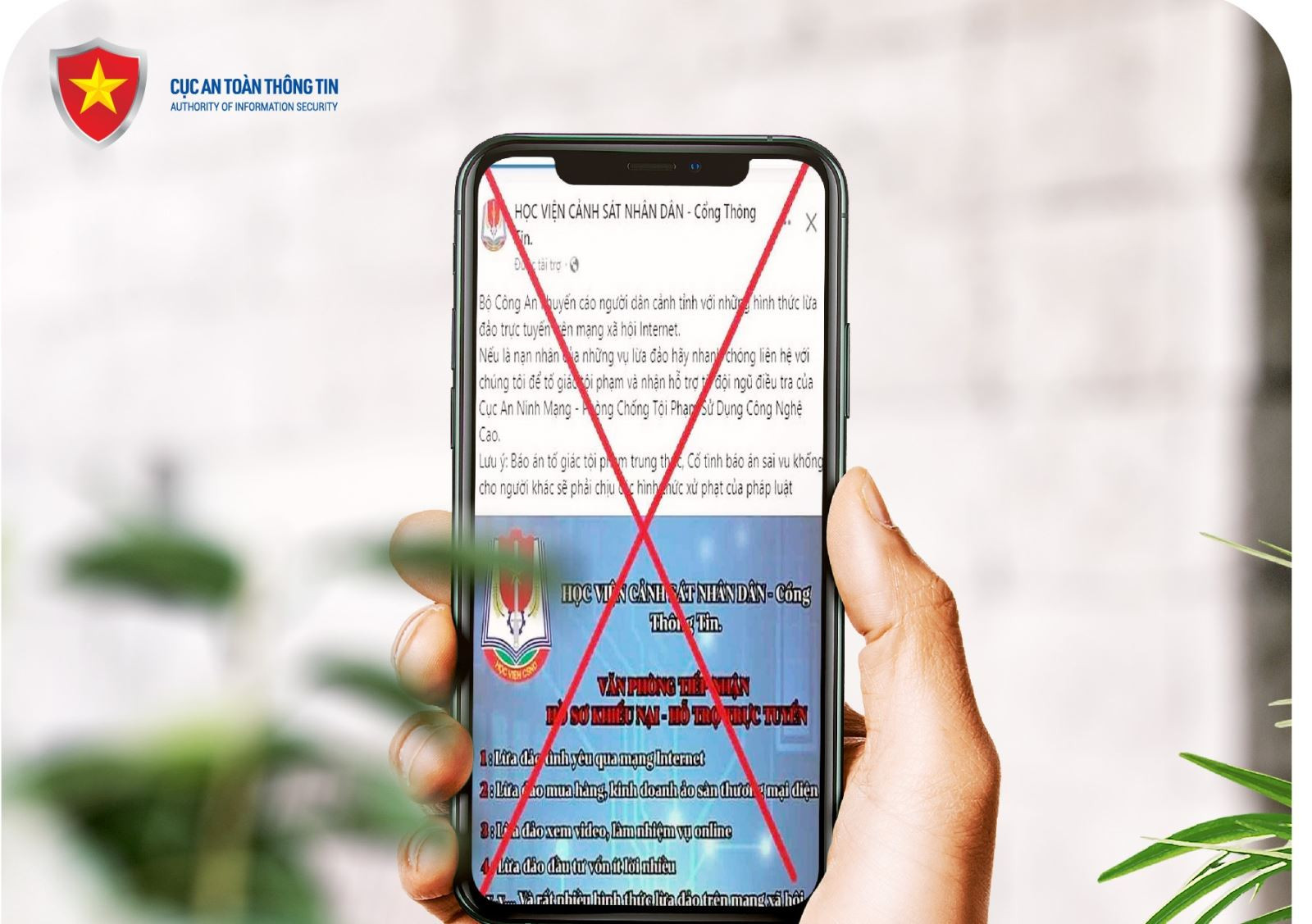According to the Department of Information Security (Ministry of Information and Communications), online fraud is rampant in Vietnam.
Black credit crime is rampant on the occasion of Lunar New Year

A loan sharking and property extortion ring worth over VND9,000 billion has just been dismantled by the Criminal Police Department (Ministry of Public Security), Da Nang City Police and several other localities. This is the result of the peak of the campaign against black credit crimes and the campaign to suppress crimes and protect security and order before the Lunar New Year.
Borrowers come from all localities across the country, mostly workers, laborers, and students who need money urgently and accept high interest rates.
Initial investigations identified the group of Chinese leaders, along with 193 other individuals, opening 10 different companies (9 locations in Ho Chi Minh City and Binh Duong) in various fields, including one specializing in pawnbroking. The group lent money to more than 1.3 million people at interest rates of 500 - 1,000% per year. When borrowers failed to pay interest on time, they were terrorized, causing their relatives to be affected as well.
The subject created 3 loan applications named "Oi vay", "Yoloan" and "Vdong", from 5 - 20 million VND, the highest interest rate is 1,000%/year, disbursement is very fast within 1 - 2 days. Here, the subject requires the victim to access the application and provide a contact list with the phone numbers of relatives, family, friends and citizen identification, after which the application will be immediately reviewed. The group of subjects divides customers who are late in paying into groups of days, the longer the overdue period, the more and more serious the threats. Not only the borrowers, all their relatives also receive continuous disturbing messages and phone calls. The entire flow of money in this criminal network is carried out through the collection and payment service of a payment intermediary in Vietnam. In particular, the police force is clarifying signs of money laundering when thousands of billions of VND of profits of the criminals have been transferred abroad.
In the face of the above situation, the Department of Information Security (Ministry of Information and Communications) recommends that people should seek reputable lending institutions such as banks or legal financial companies; absolutely do not provide any personal information or bank accounts on unreliable websites or applications. When installing any application, especially those related to finance, people should carefully consider the permissions that the application requests as well as carefully read the terms and policies of this application. If you find anything suspicious, uninstall the application immediately.
Scanning facial recognition cameras on fake public service software to scam
Hanoi City Police informed that recently, Mr. P. (residing in Hoan Kiem District, Hanoi) received a phone call from a person claiming to be an official of the People's Committee of Hang Bong Ward, Hoan Kiem District, asking him to integrate an identification code at home.

Accordingly, the subject asked him to download the fake Public Service software. When logging in, as requested, Mr. P. scanned the camera recognition in the software. The next day, Mr. P. discovered that his securities account had lost control, was sold, and all the money was transferred to another account. The total amount of money lost was 3 billion VND.
Faced with the above situation, the Department of Information Security (Ministry of Information and Communications) recommends that people be vigilant when receiving phone calls from strangers, claiming to be officials of state agencies to notify, request additional information, and provide personal information over the phone. Absolutely do not install software or applications as requested by the subjects. If you install fake software, there is a risk of having your entire phone taken over, thereby stealing information for illegal purposes and appropriating the victim's property. Messages and calls to the victim's phone will be controlled by the application, secretly transferred to the server managed by the subject, and will not be displayed on the victim's phone. In case of receiving messages and calls with signs of fraud, people need to promptly report to the police to prevent and handle them according to the provisions of law.
Impersonating the Facebook account of the People's Police Academy to help recover scammed money
Instead of reporting to the police, victims who were scammed out of money went online to ask people impersonating the People's Police Academy to help them recover the scammed money.

At this time, a fake Facebook account of the People's Police Academy - a portal to support victims of online fraud appeared. Hanoi City Police said that by taking advantage of the psychology of those who had been scammed and wanting to get back their lost money, bad guys used the image of the People's Police Academy to build trust.
Here, the subjects instruct the victims to pay a fee to support or perform tasks to withdraw money from the system. When someone transfers money, the subjects notify that the bank account has an error and do not allow the withdrawal.
Faced with the above situation, the Department of Information Security (Ministry of Information and Communications) has repeatedly issued warnings to people, but many gullible users still fall into scams. The cyber environment is becoming increasingly complex, people need to be more vigilant, and at the same time learn and equip themselves with knowledge to protect themselves on social networks. The most important thing is that people absolutely do not provide personal information to anyone through any form; information disclosure will lead to many worrying consequences. When receiving a strange call or contacting a group providing services on social networks, absolutely do not make a money transfer transaction to the subject without first learning about and verifying the identity of that subject.
If detecting cases with signs of fraud, people need to report to the police to resolve the case according to the provisions of the law; should not look for social networking sites that introduce the possibility of getting back the money that was scammed, to avoid being trapped by scammers.
Specializing in hacking Facebook accounts, a group of young people appropriated more than 8 billion VND
On January 28, the Department of Cyber Security and High-Tech Crime Prevention, Quang Binh Provincial Police, said that the unit had presided over and coordinated with professional departments and Dong Hoi City Police, Quang Ninh District Police to successfully fight a special case, arresting a group of 7 subjects specializing in hacking social network accounts to defraud and appropriate property.
During the initial investigation, 7 suspects were identified, including Vo Van Hung, Nguyen Ngoc Hieu, Nguyen Xuan Kien, Nguyen Van Toai, Nguyen Tung Lam (born in 2006), Nguyen Van Sang (born in 2004), Vo Van Anh (born in 2003), all residing in Quang Ninh district, Quang Binh province, and have been active since early 2023.
The group of subjects went online to learn how to illegally take over Facebook accounts of many people nationwide. They then changed their passwords, hacked into and used the stolen Facebook accounts to send messages asking to borrow money and take over money. To prepare for the crime, the subjects created about 20 different bank accounts and bought many more sets of "junk" bank accounts from subjects online to conceal the receipt of fraudulent money from victims. The total estimated transactions in the bank accounts used by the subjects were about 8 billion VND.
Accordingly, the Department of Information Security (Ministry of Information and Communications) warns people to limit sharing personal information on social networks to reduce the possibility of being scammed in this form. Users should absolutely not share their Facebook account login information with anyone or any service. Be wary of strange messages or emails, do not access strange addresses or links to avoid being infected with malware and having your information leaked.
When users need to access the Facebook website or any related website, be sure to check the URL to ensure that they are accessing the official Facebook website. Use strong passwords, change passwords regularly, and do not use the same password for multiple accounts. Enabling two-factor authentication will increase security and reduce the possibility of being scammed. In addition, users should also use anti-malware and security software on personal devices.
If you have problems with your Facebook account, use Facebook's official contact channels for support.
Foreign currency exchange fraud, a subject appropriated billions of dong from shippers
Recently, the Criminal Police Department, Da Nang City Police Department has issued a decision to temporarily detain Phan Cong Lich (24 years old), residing in Hoa Khanh Nam ward, Lien Chieu district to investigate and clarify the act of "Fraudulent appropriation of property".

Previously, through reconnaissance work to grasp the situation of "groups and associations" on cyberspace and receiving reports from victims, the Criminal Police Department discovered that Facebook accounts named "Quoc Khang" and "Audrey Truong" showed signs of fraud and property appropriation by exchanging foreign currency for foreign tourists, so they took verification measures.
At the authorities, the subject confessed that in order to commit the crime, he went online to buy a Telegram account named "Khanh", then used this account to join groups exchanging foreign currency to Vietnamese Dong to find customers. When he saw foreigners, mostly Russian tourists in the group, the subject would meet and exchange and the two sides would agree on the amount of money to be exchanged. Next, the subject used the Facebook accounts "Audrey Truong" and "Quoc Khang" to post on the groups "Shipper Da Nang" and other localities to find people to transact with tourists in need. The fee the shipper (delivery staff) received for each transaction was from 80,000 - 300,000 VND. The condition was that the amount of money to exchange foreign currency for tourists was the shipper's own money. When the shipper brought Vietnamese money to deliver to the Russian, the subject asked the Russian to transfer the money to the bank account of the foreign currency exchange service. This amount of money is then transferred by the subject through many different channels to conceal the crime and will finally be transferred to the subject's account. After successfully completing the transaction, the subject cuts off contact and does not transfer the money back to the shipper.
With the above tricks, from November 2023 to now, the subject has successfully carried out 4 cases in Da Nang city, appropriating more than 120 million VND and 50,000 Rubble (Russian currency). All the appropriated money was used by the subject for personal spending and gaming purposes.
Faced with the above situation, the Department of Information Security (Ministry of Information and Communications) has repeatedly warned people to choose reputable locations to conduct currency exchange transactions. If they want to conduct transactions, people should go to reputable banks and financial companies to exchange money or conduct transactions; absolutely do not exchange money through intermediaries to avoid being scammed.
HA (according to Tin Tuc newspaper)